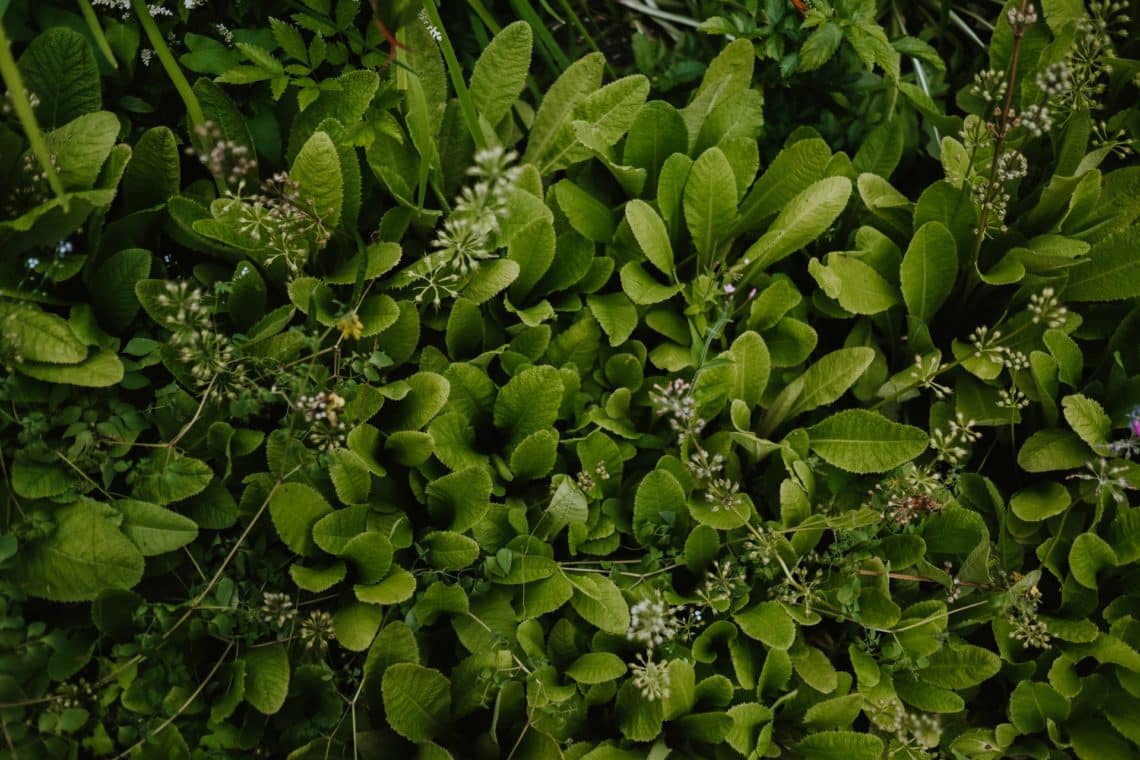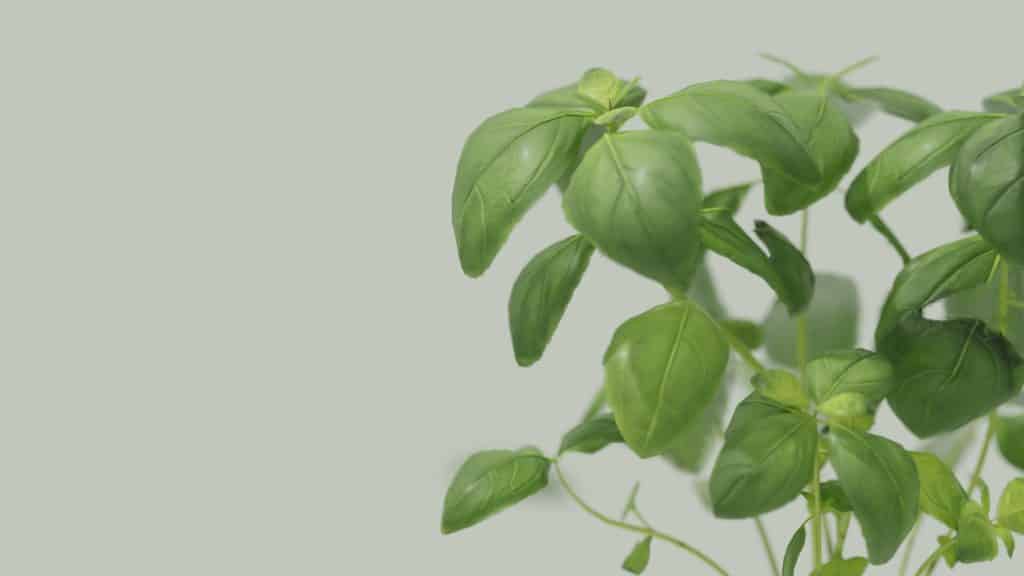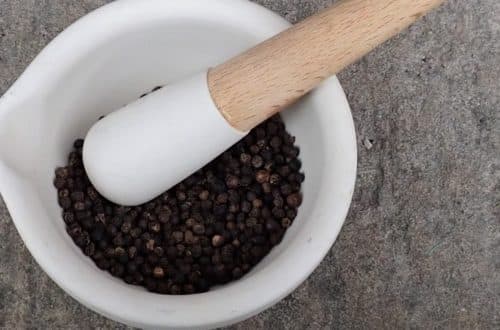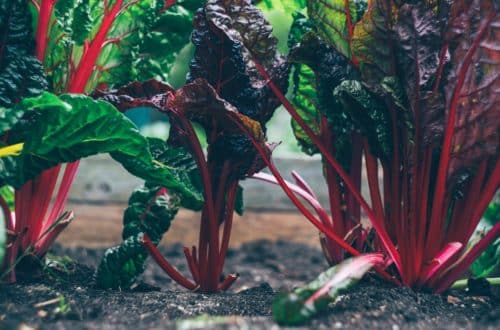
How to Identify the Ashwagandha Plant – Detailed Guide, Tips, FAQs, & More
Quick Navigation
This post may contain affiliate links. Read the full disclosure here
Ashwagandha has small, bright green leaves that resemble parsley and can grow up to 3 feet (1 meter) tall.
If you’re confused about how to identify the plant, the best indicator is that it has small white flowers and wrinkled, dark brown roots.
In case you’re still confused, we suggest that you go through this article for further clarification.
Quick Summary
In this article we would talk about:
- How to identify the Ashwagandha plant?
- Uses and Benefits of Ashwagandha
- Is it safe to use Ashwagandha?
- How to take Ashwagandha?
So, without further ado, let’s get into it
How to Identify Ashwagandha Plant?
Ashwagandha is a low-growing perennial that can reach a height of 5-6 feet and has long, elliptical yellow-green leaves and tiny bell-shaped flowers that are followed by bright orange-red berries.
It has small, yellow-green, star-shaped flowers that grow up to a half-inch in any direction. Ashwagandha leaves are oval and about two to six inches long.
The Ashwagandha berry is protected from the elements by a papery calyx.
Note: If you want to know What is KSM-66 Ashwagandha click HERE.
What Is Ashwagandha Plant?
In herbal medicines, Ashwagandha is a rejuvenating herb.
Ashwagandha is regarded as one of the most important herbs in herbal medicine. It is derived from the Ashwagandha plant, which grows primarily in dry areas such as Pakistan, Sri Lanka, India, etc.
The name “Ashwagandha” is derived from the Sanskrit words Ashwa, which means “horse,” and Gandha, which means “smell.”
Uses of Ashwagandha
Ashwagandha is an adaptogenic herb that can benefit your body in a variety of ways, including:
- Adapting to stressful circumstances
- Supporting the nervous and endocrine systems
- Boosting cardiovascular and immune system health
Benefits of Using Ashwagandha
According to scientific evidence, Ashwagandha may be beneficial for a variety of conditions. Some of them are the following.
Note: If you want to know How Many Mg of Ashwagandha is in a Teaspoon click HERE.
Relieves Anxiety and Stress
Cortisol is a stress hormone produced by the adrenal glands. It has evolved to assist the body in activating a “fight or flight” response to a perceived imminent threat, easing up resources for a vigorous fight against an intruder or flight from danger.
You would be glad to know that Ashwagandha has been shown to increase cortisol levels and smooth out the body’s stress response cycle.
Improve Memory
After a lot of research, we found that Ashwagandha helps in the improvement of cognition, memory, and the ability to perform motor responses after instruction.
After evaluating a research study, we found that Ashwagandha significantly improved participants’ reaction times during cognition and psychomotor tests (which measure the ability to respond to instructions and perform an indicated action)
Reduce Blood Sugar Level
After using Ashwagandha we noticed that it stabilizes blood sugar levels, either by lowering them when they are too high or increasing them when they are too low.
Its impact on blood sugar levels in depression and dementia.
Help in Treating Cancer
We highly recommend you Ashwagandha because withaferin, an Ashwagandha compound, helps in inducing apoptosis, or the programmed death of cancer cells.
It also inhibits the growth of new cancer cells in a variety of ways. Withaferin is thought to promote the formation of reactive oxygen species (ROS) inside cancer cells, causing them to malfunction.
Moreover, it helps treat various types of cancer, including breast, lung, colon, brain, and ovarian cancer
Note: If you want to know complete reviews about Ashwagandha click HERE.
Improve Insomnia
If you’re looking for something that can help you to sleep you must try out Ashwagandha because it has sleep-inducing properties, which are very beneficial to those who are sleep-deprived.
Boosting Stamina
If you’re having trouble coping with your daily tasks or feel like you’re running out of stamina, Ashwagandha should be your go-to supplement.
It aids the body in preserving and sustaining vital energy throughout the day, promoting restful and peaceful sleep at night. It also improves your overall fitness and ability to exercise and work.
Ulcer Treatment
Ashwagandha can be a natural ulcer treatment. Ulcers can be exacerbated by stress, both psychological and physical. Ashwagandha can not only treat but also prevent ulcers.
After research, we found that Ashwagandha, either alone or in combination with other herbs, can lower the levels of gastric acid in the stomach, preventing the formation of painful ulcers.
Improve Heart Health
We recommend Ashwagandha because it has several heart-health benefits that include treatment of high cholesterol, high blood pressure, chest pain, and a variety of other heart diseases.
Using Ashwagandha powder in your diet can help you to maintain a healthy heart.
Note: If you want to know more information about Ashwagandha click HERE.
Frequently Asked Questions (FAQs)
Is Ashwagandha Safe?
When taken by mouth for a short period, Ashwagandha is possibly safe. However, long-term safety is unknown. Ashwagandha in high doses can cause stomach upset, diarrhea, and vomiting.
It is unknown whether applying Ashwagandha directly to the skin is safe.
Note: Ashwagandha should be avoided by pregnant women because it can cause fetal distress and premature labor. If a person decides to use this herb as part of a treatment plan, they should first consult with their doctor.
When Is the Best Time to Take Ashwagandha?
You can take Ashwagandha at any time of day. However, many people like to take it at night to help with sleep and anxiety. The best time to include it is whenever you will be most consistent.
How Long Does Ashwagandha Take To Work?
It is important to note that taking Ashwagandha will not provide an immediate calm. As wonderful as it is, it is not an instant magic formula.
Ashwagandha works best when taken regularly (read: every day). You should notice the benefits within a few weeks, but even more so after a few months.
How Much Dosage of Ashwagandha Should You take?
We would recommend you to take daily dosages of 120 mg to 2g of Ashwagandha root powder that can be used in combination with other remedies. However, before beginning to consume this herb, it is recommended that you visit a doctor.
To Reduce Anxiety and Stress: The majority of the benefits are linked to daily doses of 500–600 mg administered for at least one month.
To Help Lower Blood Sugar Levels: Ashwagandha helps in the reduction of blood sugar levels. Benefits appear to begin at a dosage of 250 mg per day.
To Improve Memory: Taking 500–600 mg of Ashwagandha root extract per day can help with a variety of memory issues.
To Help Fight Infection and Reduce Inflammation: Supplements containing at least 250 mg of Ashwagandha or 12 ml of Ashwagandha extracts.
Conclusion
We hope after reading this detailed guide it is easier for you to identify an Ashwagandha plant.
It’s not as tricky as you think if you have the right information. Read this guide for a complete insight into what it looks like.
If you have any further questions, please feel free to reach out to us,
If you want to know how you can take care of your body and mind we have a complete guide click HERE.







